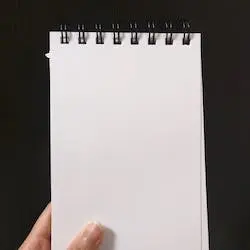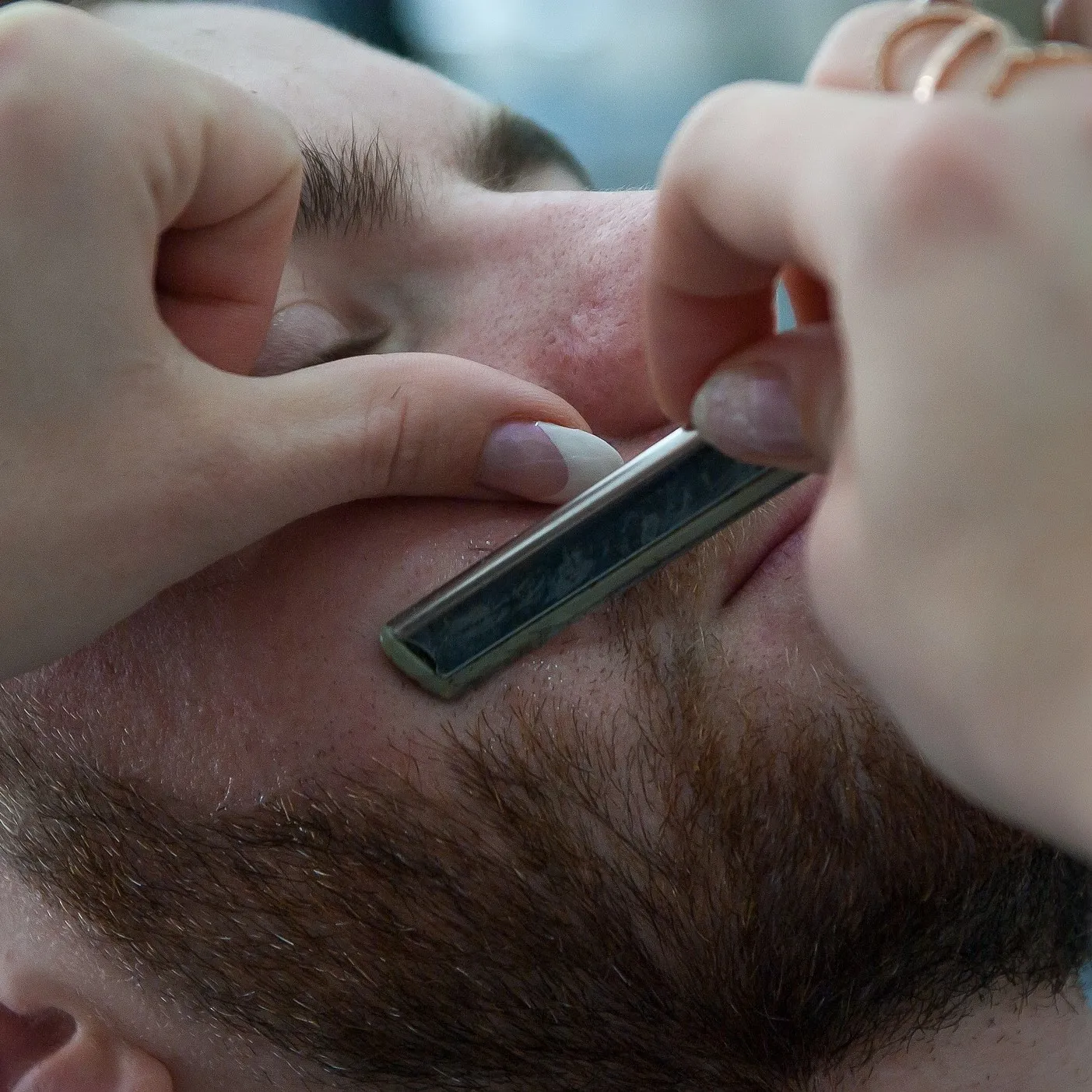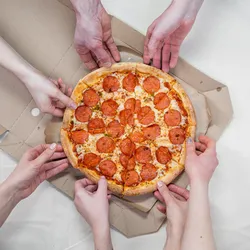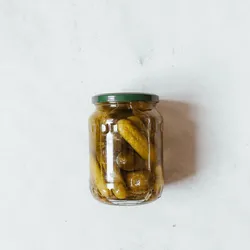
Level 1:
Eating paper is not good for you. It can make you feel sick. Paper has no good stuff for bodies. It has chemicals that hurt the body. It fills your tummy but does not feed you. If it gets stuck in your body, it’s a big problem. Doctor will have to remove it. It’s not fun. So, do not eat paper. Eat good food.
Level 2:
It might seem odd to ask, but have you ever wondered what happens when you eat paper? Well, in a nutshell, it’s not a good idea. First off, paper doesn’t have any nutrients that our bodies need. It’s simply not something we’re meant to eat.
Secondly, paper often contains chemicals from its production process. Consuming these chemicals can harm your body. Also, while paper might fill up your stomach, it doesn’t give you the nourishment you need. Most worrying of all, large pieces of paper can get stuck in your digestive system, creating a blockage that might require medical intervention. Certainly, it’s not worth taking a punt on. Let’s stick to veggies and fruits, shall we?
Full Story:
A random, yet intriguing, question – what happens if you eat paper? It might sound somewhat far-fetched, but the reality is, it happens more often than you’d think. Whether out of curiosity, dare, or just plain old boredom, some folks do find themselves chewing on a piece of paper. But Newsflash! – our digestive system isn’t designed for paper. So, what can that little piece of paper do to your body?
First and foremost, paper is devoid of any nutritional value. It’s not rocket science, just consider the source. Paper, typically derived from wood, is concocted through a high-temperature process involving harsh chemicals like chlorine and sulfur. It’s these same chemicals that make their way into our bloodstream when we consume paper, becoming a potential health hazard. Ingesting these chemicals can lead to a variety of health problems, and let’s just say it bluntly – there’s more to worry about than just a stomach ache.
Most importantly, paper can create an obstruction in your digestive system, especially if consumed in large pieces or in abundance. If a paper blockage occurs, it’s not something that a simple laxative can resolve. It might warrant a trip to the hospital for medical intervention. Picture this - under the glare of surgical lights, as you’re wheeled into an operation theater because you had decided to eat that piece of paper. Not exactly the best way to spice up your life, right?
Bear in mind that while your stomach might feel full after consuming paper, it’s a false illusion. Paper is indigestible and does not break down and provide the nutrients your body requires. Therefore, in the long run, regular consumption of paper could lead to malnutrition. To cut a long story short, just because it fits in your mouth, doesn’t mean it should go in there. Belly up to the bar and order yourself some real food instead.
In conclusion, our bodies are not designed to handle non-food items, and paper is no exception. Let’s hit the nail on the head and say it as it is – eating paper is a bad idea, full stop. For your health’s sake, stick to the food pyramid – there’s a reason why paper is not on it.
Questions:
Question: Why is eating paper not good for you?
Answer: Eating paper is not suitable because it has no nutritional value, contains potentially harmful chemicals from the production process and can create obstructions in the digestive system.
Question: What happens if paper creates an obstruction in your digestive system?
Answer: If paper creates an obstruction in your digestive system, it may require medical intervention, potentially including surgery, to remove it.
Question: How can consumption of paper lead to malnutrition?
Answer: Regular consumption of paper can lead to malnutrition because, even though it fills your stomach, paper is indigestible and does not provide the nutrients your body requires.
Question: Is it safe to eat paper once in a while?
Answer: While it is unlikely to be dangerous to eat paper occasionally, it is still not recommended due to the potential for harmful effects.
Fill in the Blanks:
health hazard, Newsflash!, hit the nail on the head
A random, yet intriguing, question – what happens if you eat paper? It might sound somewhat far-fetched, but the reality is, it happens more often than you’d think. ________! – our digestive system isn’t designed for paper.
It’s these same chemicals that make their way into our bloodstream when we consume paper, becoming a potential ________.
Let’s ________ and say it as it is – eating paper is a bad idea, full stop.
Vocabulary:
Digestive system - (noun) the system by which ingested food is acted upon by physical and chemical means to provide the body with absorbable nutrients and excrete waste products.
Obstruction - (noun) something that blocks or clogs up a pathway or passage.
Health hazard - (noun) any biological, chemical, or physical property that can cause harm to the human body.
Ingesting - (verb) consuming food or drink; introducing a substance into the body via the mouth.
Far-fetched - (adjective) unlikely and difficult to believe.
Bear in mind - (phrase) remember or take note of something.
Spice up your life - (phrase) to add excitement or interest to your life.
Newsflash - (noun) a broadcast of an important or urgent news item.
Hit the nail on the head(phrase) - to describe exactly what is causing a situation or problem.
Full stop - (phrase) used at the end of a sentence to emphasize that there is nothing more to say or add.
Belly up to the bar - (phrase) to approach a bar and sit or stand at it, especially to order drinks or food.
Malnutrition - (noun) a condition that results from eating a diet in which one or more nutrients are either not enough or are too much.




